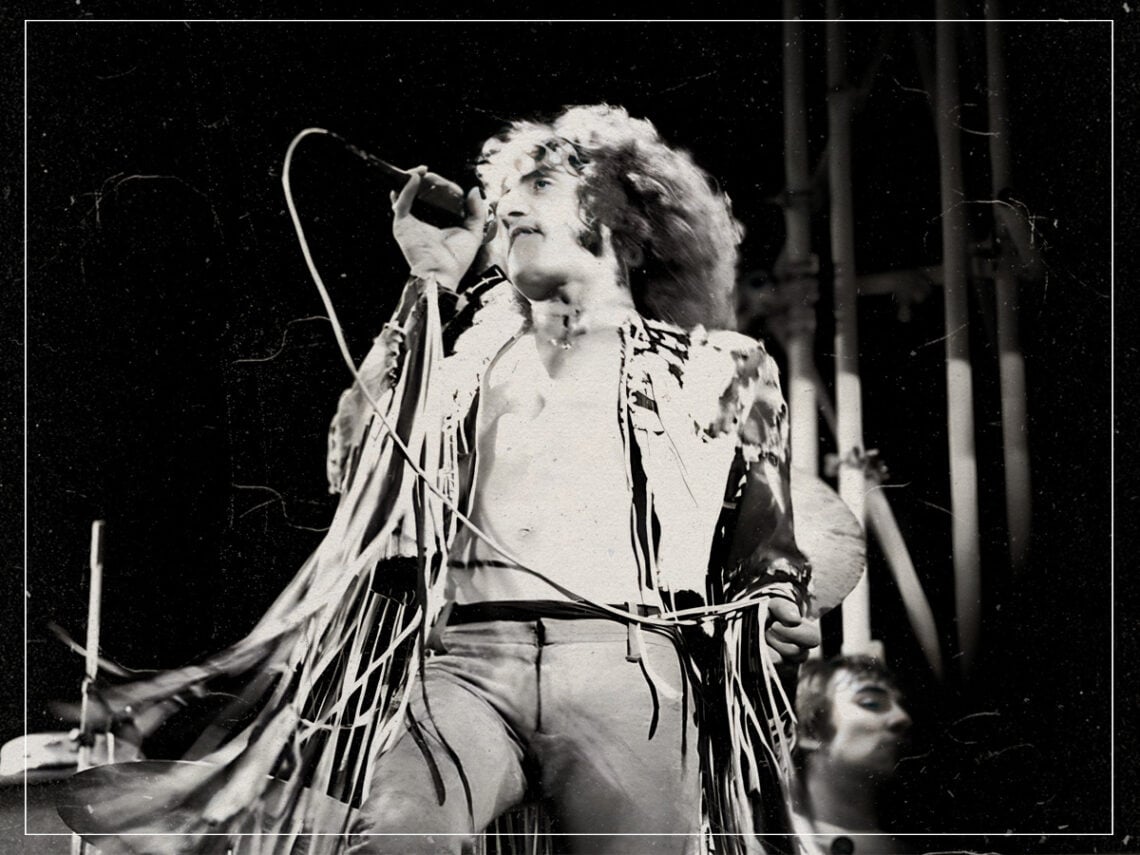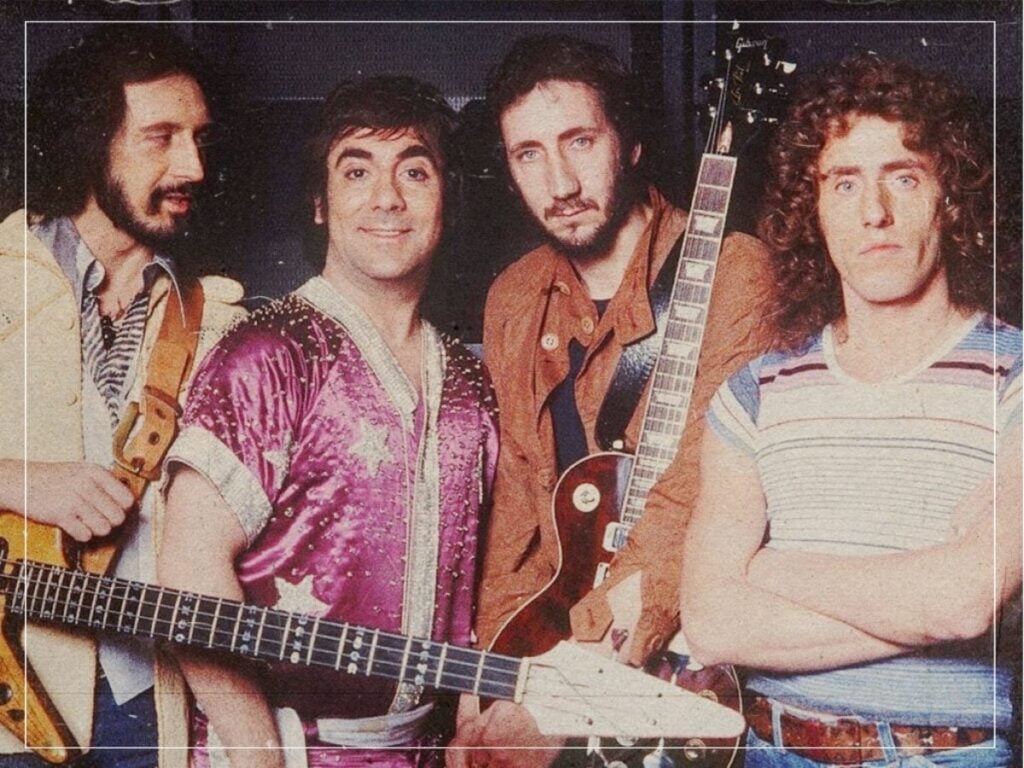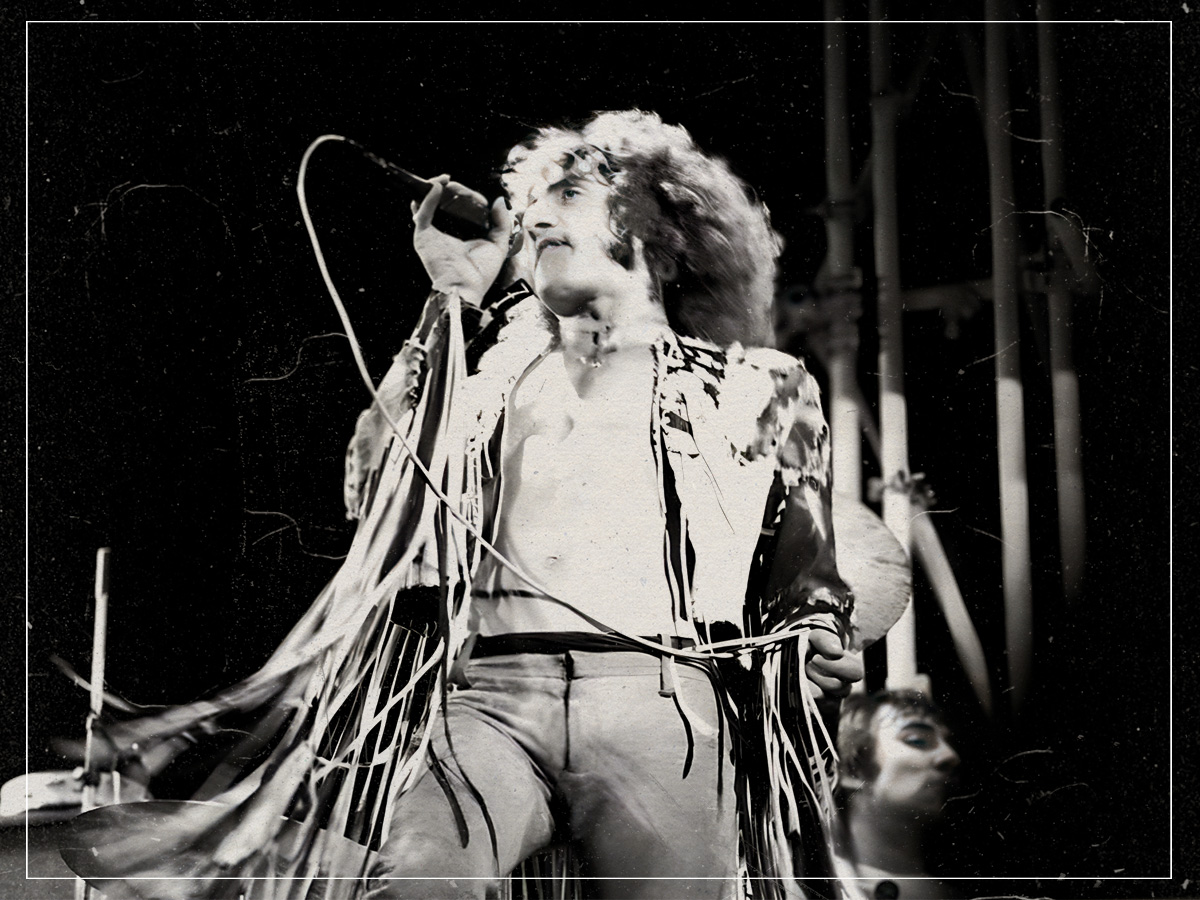
(Credits: Far Out / Alamy)
Wed 8 October 2025 12:35, UK
As rock and roll started to hit its stride in England, The Who harboured aspirations to go beyond traditional rock.
Though they may have started in the Mod tradition of interpolating American R&B records, Pete Townshend had a vision for where the band could go, using his songwriting to make the most ambitious records in the genre like Tommy and Quadrophenia. But there were two halves of The Who’s beating heart, and they rarely agreed.
Roger Daltrey operated as the diametric opposite of Townshend at times. The band’s singer, often gathering the plaudits and the affection from fans, Daltrey was a soul man at heart, and didn’t really care for Townshend’s pop sensibilities or spirituality. A bruising lad from Acton in West London, Daltrey liked things straight down the line, and he liked rock ‘n’ roll almost as much as he liked flash cars and free love.
It would often leave the two men at loggerheads during the creative process. But with Townshend as the principal songwriter, Daltrey was usually left to moan in the back of the recording studio as the guitarist pulled rank and laid down his track.
Throughout the band’s career, Townshend would occasionally take lead vocals when Daltrey either couldn’t sing one of his songs or didn’t connect with the emotion being expressed at the moment. As early as their debut, My Generation, Daltrey decided to step back for the song ‘A Legal Matter’ because of his ongoing legal trouble, leading to Townshend’s vocal debut.
 The Who: Jon Entwistle, Keith Moon, Pete Townshend, Roger Daltrey. (Credits: Far Out / Flickr)
The Who: Jon Entwistle, Keith Moon, Pete Townshend, Roger Daltrey. (Credits: Far Out / Flickr)
As the rest of the English rock scene evolved towards psychedelic soundscapes, though, Townshend wrote about more philosophical aspects of life. Although The Who Sell Out may have had a handful of cheeky moments that made the band sound like they were taking the piss, a track like ‘I Can See For Miles’ set a benchmark for British rock, allegedly inspiring Paul McCartney to write The Beatles’ ‘Helter Skelter’.
Before Townshend found his calling writing operas like Tommy, he had already made a habit of making brilliant stand-alone singles. From the Mod stomp of ‘Substitute’ to the exuberance of ‘Anyway, Anyhow, Anywhere’, Townshend was still inching closer to enlightenment through music, which Daltrey wasn’t as keen on.
When talking about the song ‘The Seeker’, Daltrey didn’t mince words about how he wasn’t enamoured with it, recalling to Uncut, “I was never ever fond of ‘The Seeker’. To sing that song, to me, was like trying to push an elephant up the stairs. I found it cumbersome, the first song we’d ever done where I thought, ‘Nah, this is pretentious.’”
The truth is, Daltrey wasn’t quite as inspired by the outlandish inspirations that Townshend was starting to channel. Like The Beatles and a whole section of the British Invasion, the guitarist had begun to look outward from Britain to find inspiration. This didn’t land well with Daltrey, whose furthest dalliance into exotic inspiration was the Delta blues.
But Daltrey may have got this one wrong. Instrumentally speaking, ‘The Seeker’ might be the most identifiable with The Who, with Townshend driving the band, strumming chords while Keith Moon delivers a powerhouse performance behind the drums. Then again, the lyrical content does get a bit more verbose than Townshend’s usual output, talking about finding some sort of spiritual enlightenment, knowing that he will never find what he’s after until he dies.
This would be far from the last time Daltrey struggled to grasp what Townshend was getting at. Coming off the touring circuit for Tommy, Daltrey didn’t like the trajectory that went into Townshend’s intended follow-up, Lifehouse, which would turn into Who’s Next. Speaking in Classic Albums, Daltrey alluded to the fact that the story was incoherent, saying, “Pete sent us a script, which was basically a film script, which didn’t make any sense. But it did have some good ideas in it.”
Even with their creative disagreements, the partnership between Townshend and Daltrey has endured throughout the years, leaving them as the two titans who have led the band through decades of rock and roll grandeur. Daltrey might not love every single song lyric he’s asked to sing, but he knows that he and Townshend have tended to work better together than apart.
Related Topics

